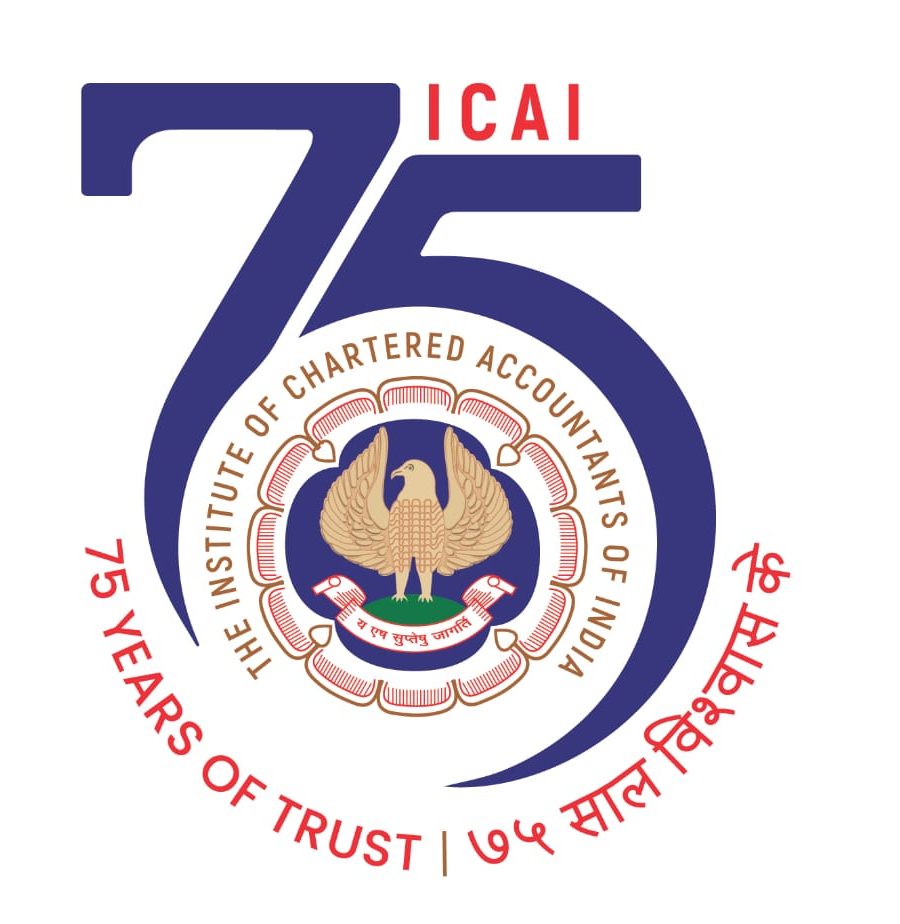Introduction
In a notable enforcement action, the Institute of Chartered Accountants of India (ICAI) imposed a ₹25,000 fine on CA Jeetendra Kumar Amar for issuing a clean audit report despite including an unverified product advance in the financial statements. This disciplinary case stands as a critical reminder of audit diligence and professional ethics in financial reporting.
This article offers a comprehensive, easy-to-understand breakdown of the case, real-world implications, practical lessons for auditors and businesses, and FAQs to deepen your understanding.
1. Case Background: What Happened?
-
Who? CA Jeetendra Kumar Amar (Membership No. 065389 from Kolkata)
-
What? He issued a clean audit report even though the client declared a “product advance” which remained unconfirmed and unverified.
-
When? The hearing took place via video conferencing on April 2, 2024; the order was issued on June 26, 2024
-
Finding: Amar failed to furnish requested documentation clarifying the nature, breakup, or settlement of the product advance, yet issued an unqualified report.
-
ICAI’s Decision: Professional misconduct under Item (7), Part I of Second Schedule, Chartered Accountants Act, 1949.
-
Penalty: ₹25,000 fine, or removal from ICAI register for 30 days if not paid within 90 days
2. Why This Matters – Professional Standards & Audit Risks
🚨 Key Issues
-
Unverified transaction: Accepting management assertions without independent verification.
-
Audit opinion mismatch: Auditor should have issued a qualified or adverse opinion, not a clean report.
-
Disclosure ≠ validation: Simply noting the advance in the balance sheet schedule was insufficient.
Broader Discipline Context
ICAI's disciplinary apparatus is robust:
-
Handles roughly 300–400 cases annually
-
Recent actions include UDIN technical misuses, cost‑records lapses, and audit documentation failures
3. Section-Wise Breakdown
3.1 Professional Conduct & Statutory Framework
-
Act & Rules: Chartered Accountants Act, 1949; Rules of Procedure, 2007.
-
Relevant Clause: Item (7), Part I imposes penalties for gross negligence/lack of due diligence
3.2 Audit Standards Implicated
-
SA 200 (Overall Objectives): Auditors must obtain sufficient appropriate evidence.
-
SA 580 (Written Representations): Management representations alone are not enough.
-
Opinion Formation: Clean opinion requires verification; unverified items require qualification.
4. Real-World Examples & Comparisons
ICAI has handled several similar disciplinary cases:
| Case | Issue | Penalty |
|---|---|---|
| A CA issued UDIN before balance sheet signing | Premature UDIN generation | 1‑month debarment |
| CA failed to verify cost records | Gross negligence under SA 580 | Penalty imposed |
| CA certified 15CA/15CB without verifying exporter credentials | Failed 15CA/15CB verification | 1-year removal |
5. Practical Tips for Auditors & Firms
✅ For Chartered Accountants
-
Request evidence for unusual entries like advances – invoices, supply agreements, confirmations.
-
Document audit procedures thoroughly following SA‑230.
-
When in doubt, qualify the audit opinion, rather than issuing a clean report.
-
Respond promptly to ICAI notices and compile records for hearings.
✅ For Audit Clients & Businesses
-
Provide complete documentation for all transactions—especially advances or related-party transactions.
-
Understand that internal disclosures are not sufficient substitutes for independent verification.
-
Cooperate with your auditor to ensure clarity and avoid issues of audit endorsement.
6. Lessons Learned
-
Ethical standards matter: Even a good-intentioned clean opinion can breach professional ethics if due diligence is lacking.
-
Verification over convenience: Audit shortcuts or reliance on management assertion can result in penalties.
-
Transparency benefits all: A qualified audit report may feel unfavorable, but often protects auditor and client from future risk.
7. Conclusion
The ICAI’s ₹25,000 fine against CA Jeetendra Kumar Amar is a cautionary tale for auditors nationwide. It underscores that issuing a clean audit opinion demands rigorous verification—especially when dealing with unconfirmed or risky financial items.
Whether you're an audit professional or a business owner, compliance with audit standards is non-negotiable. This case also reflects ICAI’s increasing enforcement vigilance and public accountability stance.
Frequently Asked Questions (FAQs)
Q1: What is a “clean audit report”?
A clean audit report is an unqualified opinion — indicating that financial statements are free from material misstatements in all key aspects.
Q2: Why did ICAI penalise the CA despite disclosure?
Disclosing a product advance is not enough. If it's unverified, the auditor must qualify the opinion or ask for more evidence.
Q3: How much was the fine and what if unpaid?
₹25,000 fine. If not paid in 90 days, the CA’s name is removed from the register for 30 days
Q4: What audit standards require verification?
SA 200 (General responsibilities), SA 230 (Documentation), SA 580 (Written representations).
Q5: Is ICAI punishment common?
Yes: disciplinary cases average 300–400 per year, including removal, fines, and reprimands Business Today.
Keywords: ICAI disciplinary action, unverified product advance audit, audit opinion penalties, CA audit misconduct, clean audit fines, audit compliance tips.

